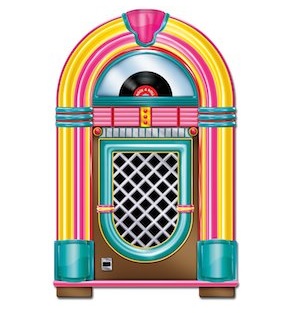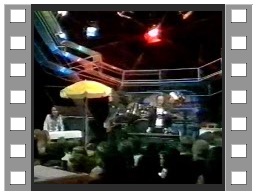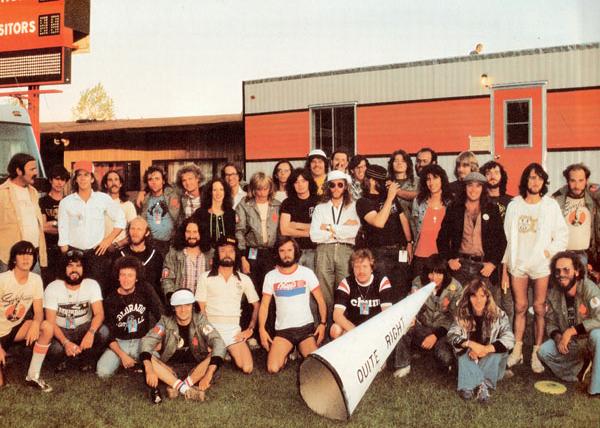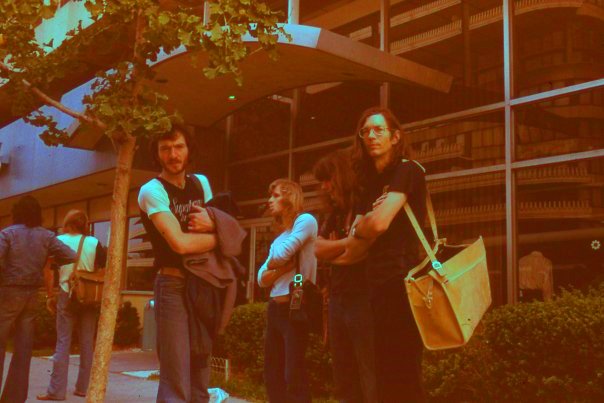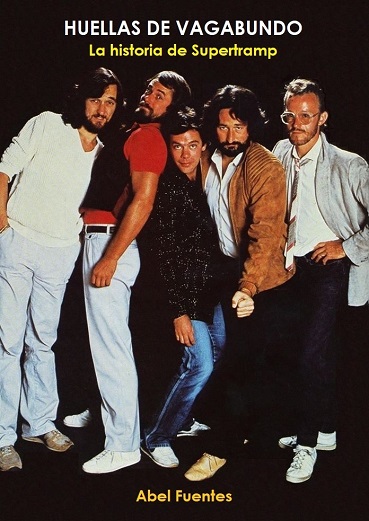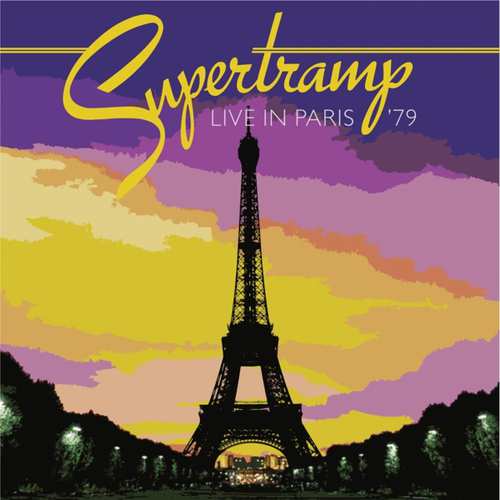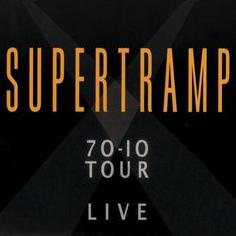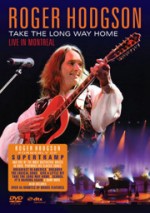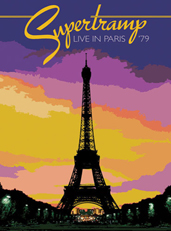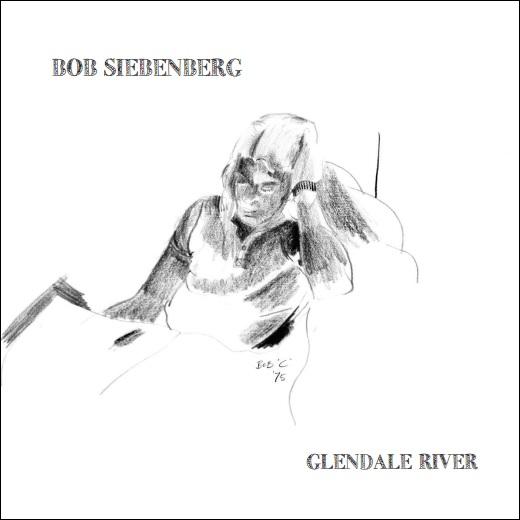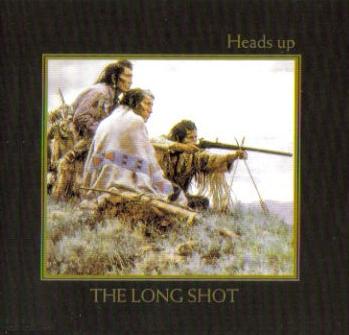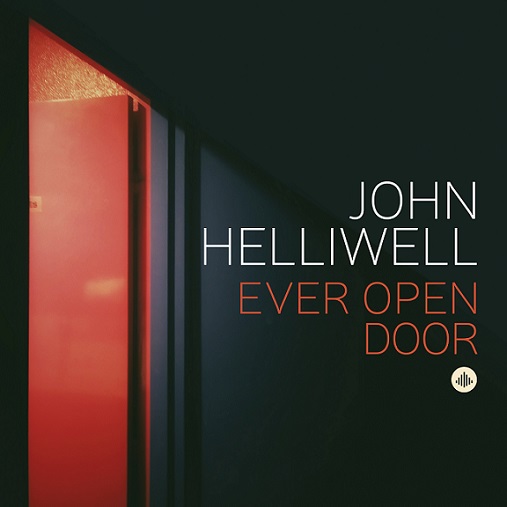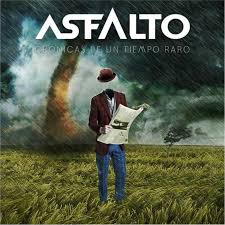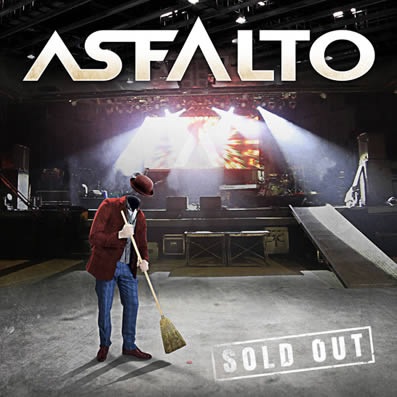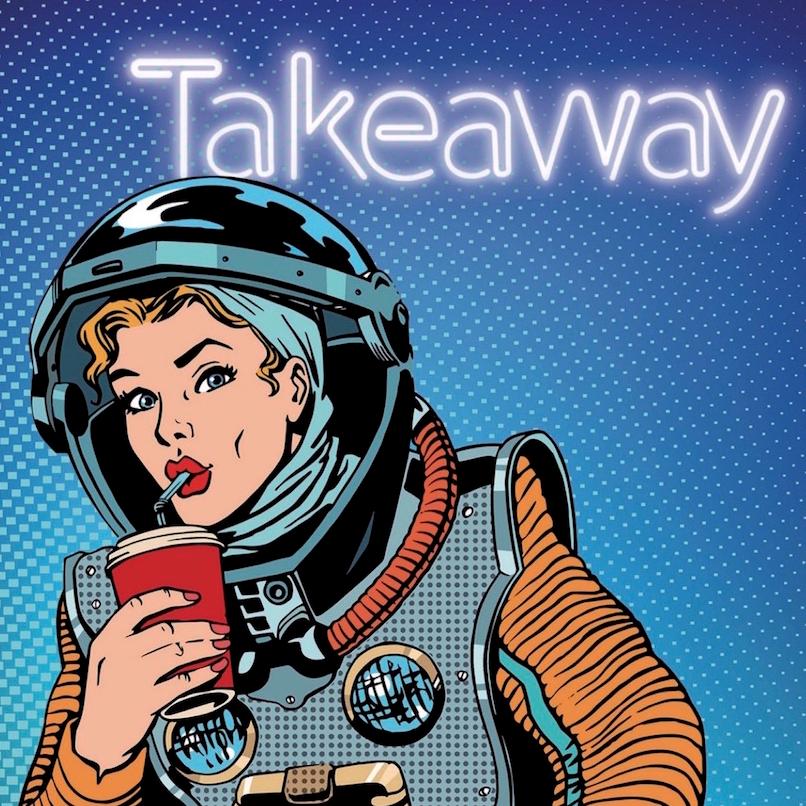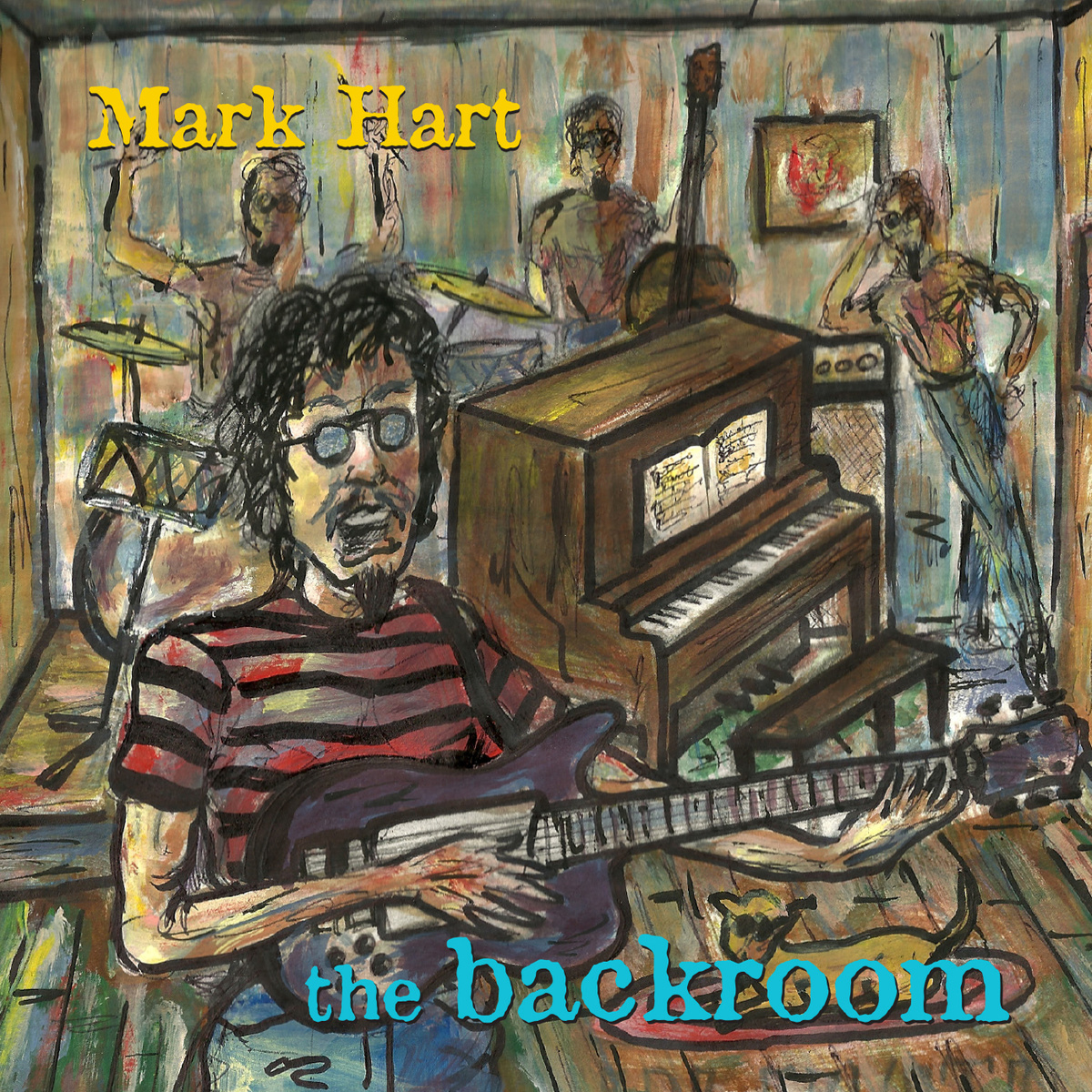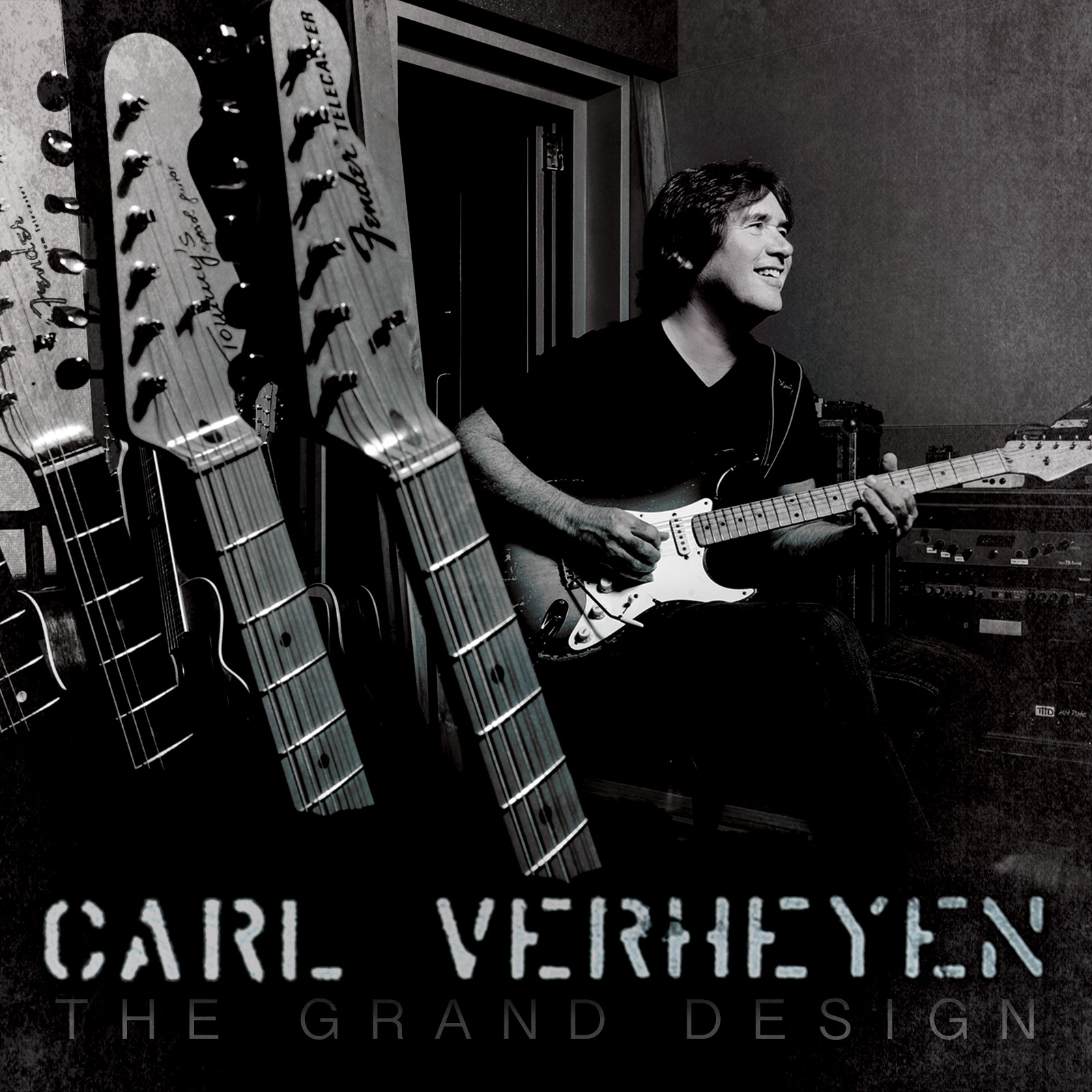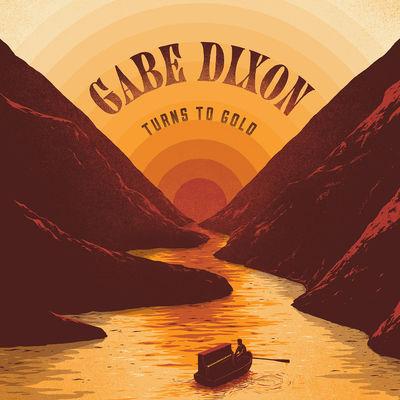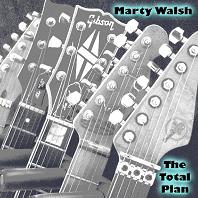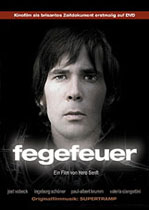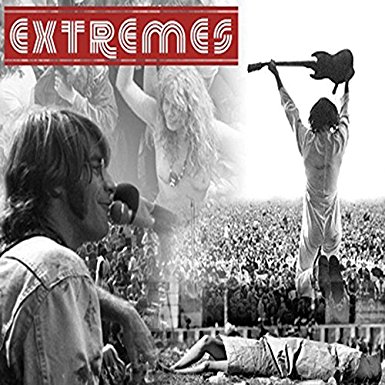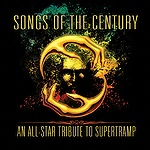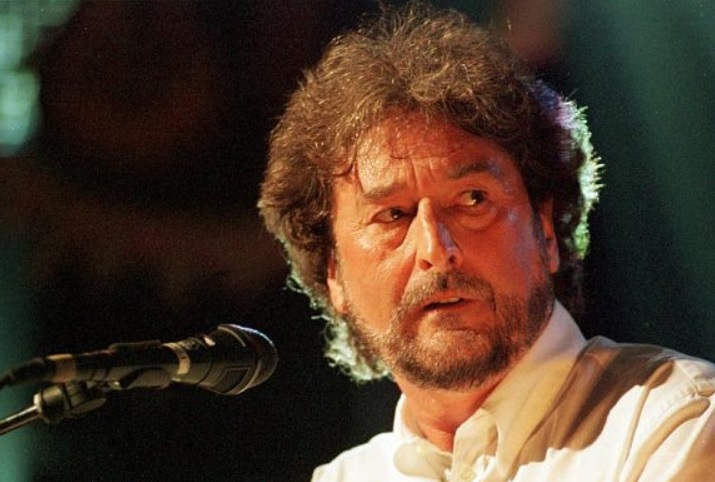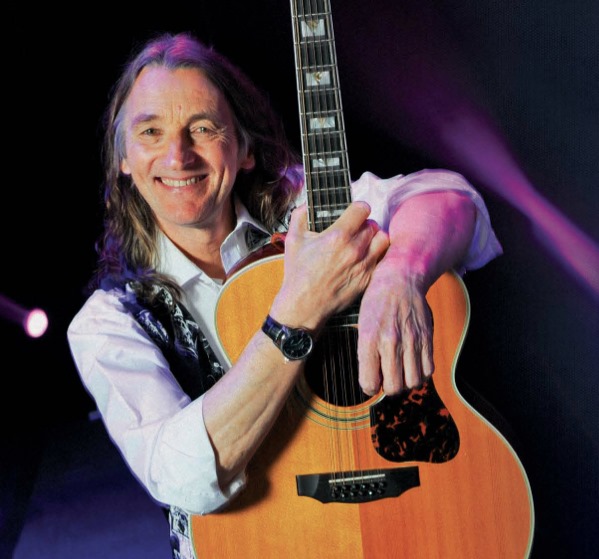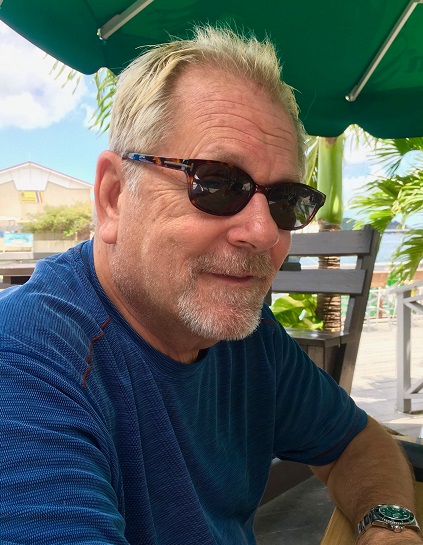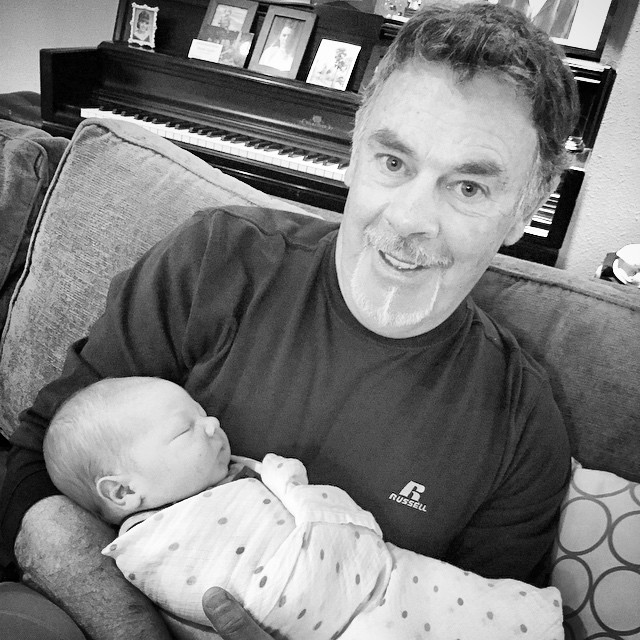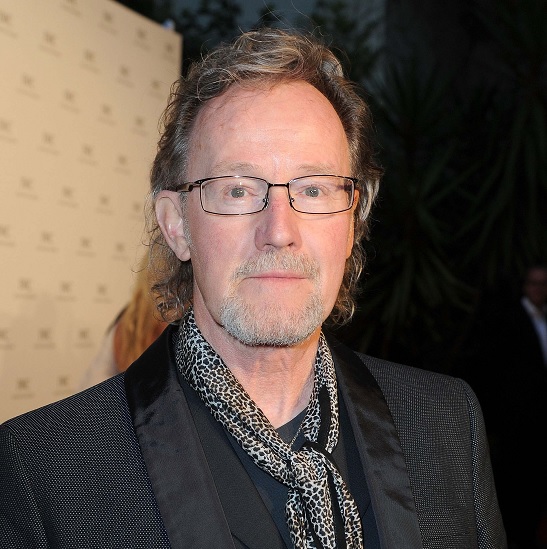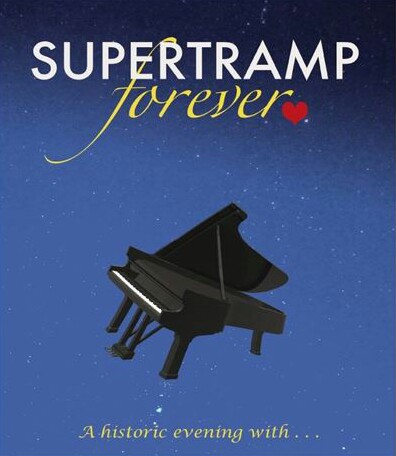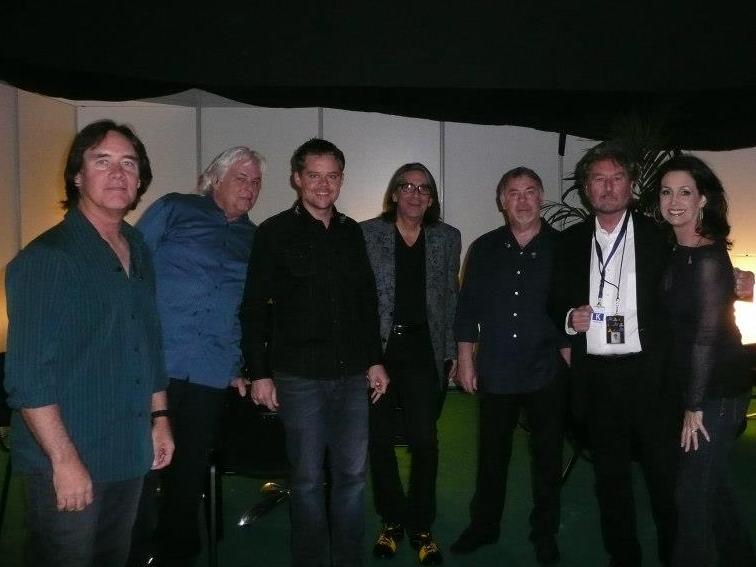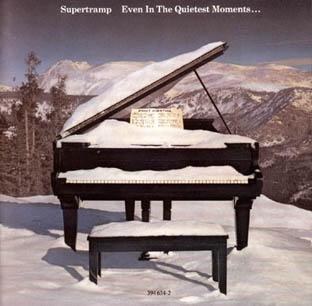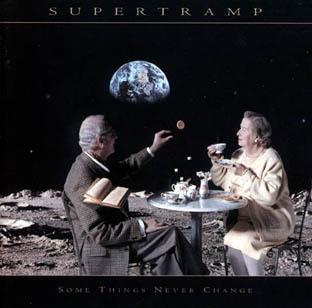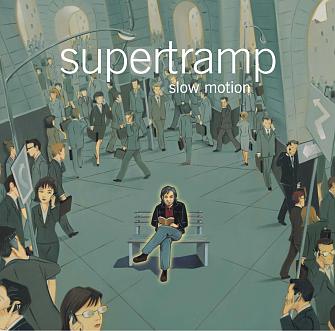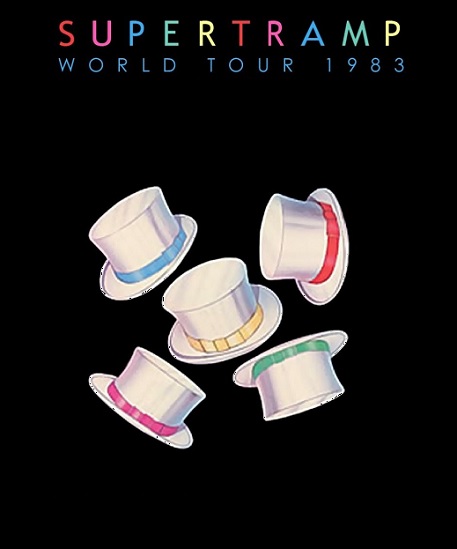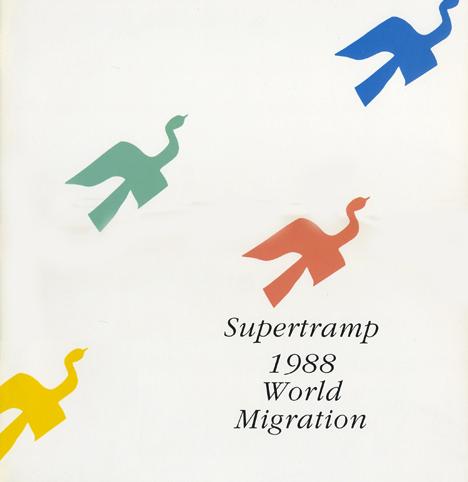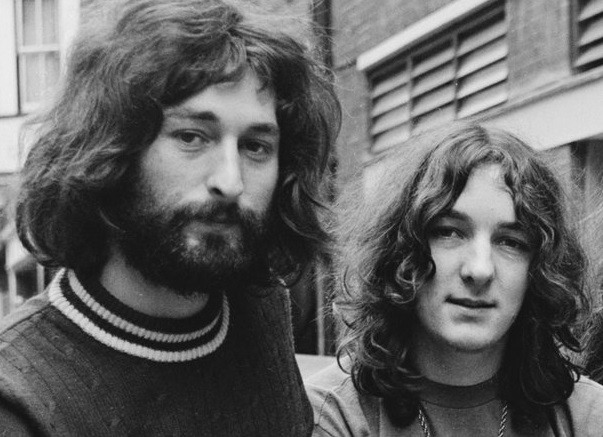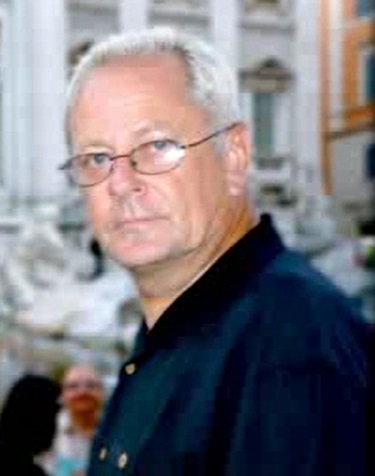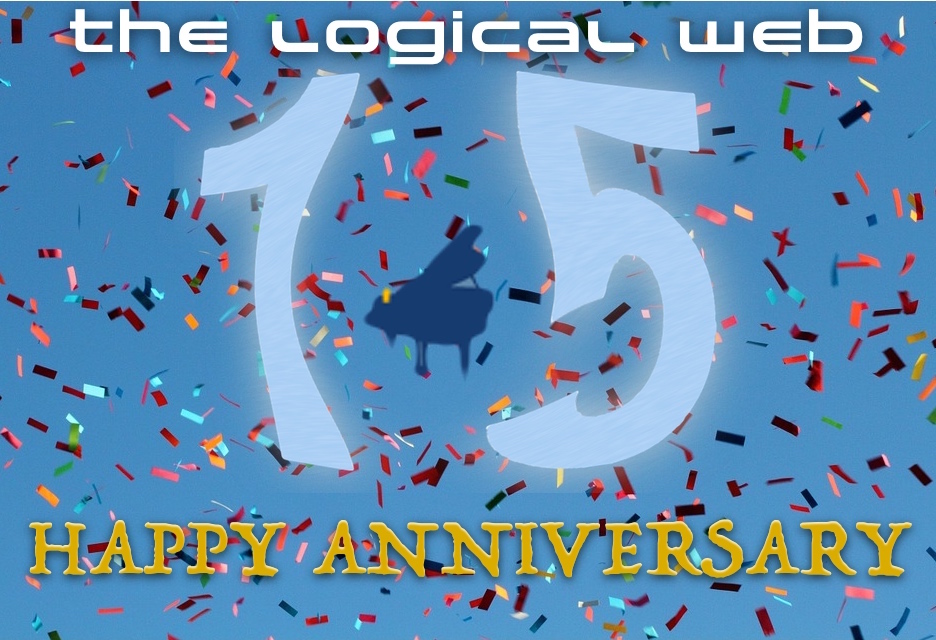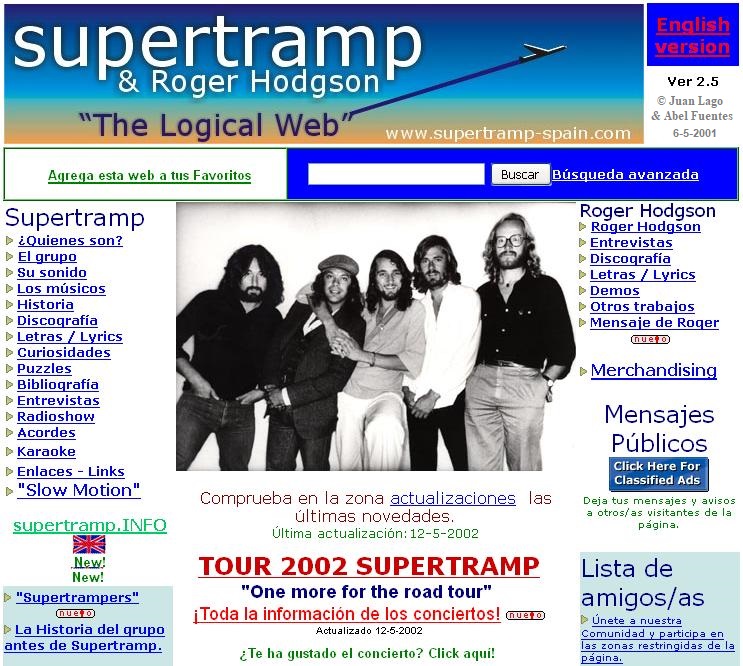Juan Lago and Abel Fuentes interviewed Chris 'Smoother' Smyth, who worked as a sound technician for Supertramp on every tour from 1979 and 1986, and was also a founder of Delicate Productions.
TLW: When and where were you born?
SMOOTHER: I was born on September 14th 1948 in Stamford, Lincolnshire.
TLW: According to my notes, your name is Chris… Is it right? Why are you called Smoother?
SMOOTHER: Full name is Christopher Spencer Smyth. Smoother is a nickname I picked up while out on the Kiss 1977 and 1978 US tours.
TLW: How were your beginnings in music world?
SMOOTHER: I was always in to music. At school you had to like either the Beatles or the Rolling Stones. I went for the Stones but always loved the Beatles. The West Coast 1967 Summer of Love period was very influential to me.
TLW: What were you working on by then?
SMOOTHER: I was in the RAF (Royal Air Force) and could not get out. I took to wearing a kaftan, bells, beads and carrying a large plastic flower around with me. That, along with a lot of mischief, caught the attention of the station Group Captain who decided I was a suitable case for treatment. About six months later the RAF and myself parted company.
TLW: What did you work on after that?
SMOOTHER: I did a four and half year stint with Pan American Airlines. One morning I decided it was not the job for me and I sat on the side of my bed for about an hour before I picked up the phone and gave notice.
TLW: Was then when you started to work in the music world?
SMOOTHER: Yes. About a week later a drummer friend told me his band, Flash, had a #17 single in America and that they were looking for a drum roadie. I used a free Pan American ticket and took the job. First gig was Fairleigh Dickenson College in New Jersey. This was in 1972. I worked for the band for two years.
TLW: But you also toured with some acts in the United Kingdom, isn’t it?
SMOOTHER: During one break period I got to do rehearsals and a short European tour with Genesis. This was the original line up with Peter Gabriel. I consider myself most fortunate. My next gig was with Leo Sayer. It was with Leo Sayer that I met Spy Matthews who was our Australian production manager for our second Australian tour. I did all Leo's tours up to and through 1977.
TLW: Did you meet Frank Farrell, who played bass for the early Supertramp and then worked with Leo Sayer?
SMOOTHER: Yes, one strange coincidence... I used to share an apartment with Frank. I hooked him up with Leo Sayer and they co-wrote an album together. Frank did a tour with Leo but then went down hill due to too much drinking. He was constantly in the Red Lion pub in Barnes, London and died of a failed liver.
TLW: Do you know what other projects Frank was working on?
SMOOTHER: Frank was the bass player for the Rocky Horror Picture Show in Chelsea when it first opened and later was musical director for Captain Pugwash which was a stage play of an old cartoon show. For most of the show he played the accordion. Bet you didn’t know that.
TLW: When did you start to work with sound systems?
SMOOTHER: It was while working for Leo Sayer that I picked up work with Marshall Equipment Hire (MEH, later to become TASCO) who were our audio vendor. This included a European tour with the Rolling Stones. Before long I fell in to the trap of mixing monitors. If you could mix monitors you had a job for life. I did the 1976 United States tour for Leo and stayed around for a tour with Patti Smith and Sparks.
TLW: And then you decided to stay in the USA…
SMOOTHER: I had now discovered per diems which exceeded my UK salary and decided the US was the place for me. I picked up tours with Rainbow (Ronnie Dio & Richie Blackmore) in 1977, PA system tech for Kiss, Angel and Southside Johnny in 1977-1978, monitor tech for Mahogany Rush in 1978 which then led to a world tour mixing monitors for Olivia Newton John. Her entourage were fabulous people and I felt I hit gold the first day I was there.
TLW: You joined Supertramp in 1979 to work as a sound technician thanks to your friend Spy Matthews, who had worked with you before… Isn’t it?
SMOOTHER: Yes. After Olivia's tour I returned home to Los Angeles to find a new job offer. ELO (Electric Light Orchestra) had just finished a very successful world tour and the management company were looking to start a production company. I took up the offer only to find that four months later the plug was pulled due to management issues with the IRS. A week later the phone rang... It was Spy. I was about the last to be hired for the tour. The guys had already clocked a couple of weeks of touring and found themselves short staffed. I came onboard and did my best to fill the gaps.
TLW: What did your work with Supertramp involve exactly?
SMOOTHER: I started my work day taking care of the stage left flown PA along with Steve Dabbs, who was the drum roadie. Note we were roadies and not drum techs or guitar techs. I also helped on stage and occasionally tweaked monitors with Ian Lloyd-Bisley ‘Biggles’.
TLW: What problems did you use to find working as a Supertramp sound tech?
SMOOTHER: I never had a problem from day one to the last day of the tour. If I had any problem it would have been the costume change for “Fool’s overture”. Like most other crew members, I had a small role on stage. I played the part of a clown.
TLW: On the “Breakfast in America” tour book there is a ‘family picture’ with all the members of the band and the crew, but I don’t see you there... Why?
SMOOTHER: If you look all the way to the right there is an arm on the left shoulder of Fred the driver. That is my arm. The photo was cropped and my chance of being famous was dashed in the slash of the scissors... Damn.
TLW: In 1980 you founded Delicate Productions with other members of the Supertramp crew... Who had the idea of creating the company?
SMOOTHER: There was nothing really new with the concept of the crew using the sound system for another artist. Before I worked with Supertramp, the boys had done a very successful tour with the band Kansas. After MEH/TASCO and Jet Productions I knew we had nothing to lose starting a production company focused on concert touring.
TLW: Why were you, one of the newest members of the crew, who decided to found Delicate after the “Breakfast in America” tour?
SMOOTHER: Following the tour the older hands were less enthusiastic and were looking forward to taking an extended break. New boys, like Steve Dabbs, Tam Smith, Patrick Ampe and myself were very motivated. We had not spent years under the Supertramp umbrella (full time salaries) and leapt at the opportunity.
TLW: Talking about Tam Smith, do you remember when he committed suicide by hanging himself? Was it during the Supertramp days or afterwards?
SMOOTHER: I think Tam died in 1982. He injured his back while on tour with the Beach Boys. Not long after he had an argument with one of the partners and quit. I was on another tour and not around to mediate the situation. Tam continued touring but the back pain was too great and brought on deep depression. He had recently separated from his girlfriend and daughter Tiffany which only made things worse. Very tragic. Two years ago Tiffany came to see me. She wanted the partners to tell her about the dad she did not know. We now hook up with her on a regular basis.
TLW: Were you who found the first warehouse for Delicate?
SMOOTHER: Yes. I heard about some warehouse space in the old Wonderloaf facility in Beverly Hills and quickly locked in a deal before the equipment returned from Europe. I remember John Helliwell unloading the shipping containers with us. He was as excited as us about our new venture.
TLW: And what about the rest of the band?
SMOOTHER: All of the band (Rick Davies, Roger Hodgson, Dougie Thomson, Bob Siebenberg, John Helliwell, Dave Margereson and Russel Pope) were very generous on and following the 1979 tour. It is due to every one of them that Delicate Productions was born and is the success it is today. In so many ways this company serves as the true legacy of the “Breakfast in America” tour.
TLW: What main differences do you see among the three tours (1979, 1983 and 1985-1986) you did with Supertramp?
SMOOTHER: This is how I saw things from my perspective. The 1979 “Breakfast in America” tour was unlike any other. All of the stars lined up. The band were in peak form and they had produced an amazing album. They had been critically acclaimed for years but had not had a big selling album. “Breakfast in America” had the best of everything. Rock, pop and the slightly obscure that made them unique. While we were on tour there was one hit after another.
TLW: How did it affect to the crew?
SMOOTHER: Supertramp had always considered the whole touring entourage to be on the same team. The more the band took care of the crew the more the crew took care of the band. I have never seen guys so motivated to work hard as I did on that tour. The drum roadie worked on audio, the keyboard and guitar roadies worked on lighting… Everyone started the day when the first truck door opened and nobody walked away until the last truck door closed. Everyone on the crew earned the same salary. Qualifications didn't count. You just had to give the 100% you were capable of giving. No less. By the time the tour finished we were beat to crap but the whole vibe had been intoxicating.
TLW: I guess the 1983 tour was very different from the 1979 one…
SMOOTHER: When “Famous last words” went out in 1982 it was a different deal. The album was not selling and the strained relationship between Rick and Roger put a dark cloud over the whole tour. It was back to traditional arena touring. The former magic had gone and everyone was out for a paycheck.
TLW: And what about the 1985-1986? Was it very different from the 1983 one, considering that the band and crew had changed?
SMOOTHER: By the time “Brother where you bound” came around the band-crew relationship had dissolved and in contrast to the “Breakfast in America” tour it was anemic, cold and hard to find a pulse. At the same time we had Dire Straits out on the road, with their biggest selling album “Brothers in Arms”, playing to sold out arenas with many shows featuring Sting on vocals (“I want my MTV!”). The audio on this tour sounded amazing and sits up there with that of the “Breakfast in America” tour. Needless to say. We had moved on.
TLW: Did you apply a special economical price list for Supertramp during those two last tours, considering that they had helped you to found and develop Delicate?
SMOOTHER: By 1983 we had upgraded the equipment in a big way. We provided the Supertramp owned equipment to the tour at no charge (obviously) but did charge for the equipment upgrades. By the end of the tour we had accumulated enough credit to exchange checks.
TLW: Why did Delicate stop worked with Supertramp after the 1985-1986 tour? Had it anything to do with the new management of the band?
SMOOTHER: We never got the phone call. I assume that manager Sue Davies wanted to clean house and shake off the last of the old band ties. She was the manager and it was Rick's band so who is to argue. In 1979 it was a touring democracy. That can be good and bad. Good when you have great ticket sales but bad when you have to make budget cuts.
TLW: What is, in your opinion, the reason why Supertramp broke up in 1983, when the band was so successful?
SMOOTHER: I think in just about any business that is successful the partners will have different opinions as to which direction to take. Rick and Roger were so opposite in so many ways. It was those opposites that made “Breakfast in America” so successful. I think they needed to take separate paths. Once Sue stepped up to take control of Rick's career it was obvious there would be some fallout.
TLW: Would you like that Rick and Roger worked together again?
SMOOTHER: Right now both Rick and Roger are out there making music. It is ironic that today they are both playing the songs they contributed to the same album but are unable to play on the same stage. Me, I'll take the memories, thank you...
TLW: What were your happiest and saddest moments in Supertramp?
SMOOTHER: No happiest and no saddest moments. I have a treasure of memories which I can share with you, like the Portuguese food fight or perhaps the drive to Niagara Falls.
TLW: Many people who worked for Supertramp during their heydays say that they were a sort of ‘big family’… Do you agree with this?
SMOOTHER: Yes, I agree but only up to the conclusion of the “Breakfast in America” tour.
TLW: You have toured with Supertramp, Leo Sayer, The Rolling Stones, Patti Smith, Kiss, The Pretenders, INXS, Dire Straits and many other acts… Which of them was your favourite one and why?
SMOOTHER: Supertramp. The way that Supertramp treated the crew on the “Breakfast in America” tour was the model that I employ today. Nobody works for me, they work for Delicate. Delicate is the sum of all the people that work with us. That is what the logo represents: a group of people working together for the benefit of all. Ask a 100 percent from everyone and treat everybody with the same respect.
TLW: Where do you live now? Are you still in touch with other Supertramp members?
SMOOTHER: I am working my 32nd year with Delicate Productions here in Southern California. I see Gus Thomson and Steve Dabbs on a regular basis. Spy Matthews comes over from Australia each year for a three week vacation and to catch up on Delicate Productions business. Many of the old Tramp school drop in for a visit.
TLW: Were you in touch with Harry Andronis, who passed away a year ago after a very bad disease?
SMOOTHER: Harry Andronis took care of the ‘Southcombe’ studio at Mismanagement. Several years later he was to become Frank Zappa's live sound engineer and later moved on to studio work. He won multiple Emmy awards and was nominated for a Grammy after his work with the band Shadowfax.
TLW: Did he ever work for Delicate in any way?
SMOOTHER: Harry mixed a lot of shows for Delicate Productions. He mixed the Sting Rainforest benefit featuring Sting, Paul Simon, Bruce Springfield, Don Henley, Bruce Hornesby and Danny Kortchmar. Amazing. Harry was one of the best live engineers ever. He was definitely one of the family.
TLW: Your wife, Bev, who was the book-keeper to both Supertramp and Delicate, sadly passed away in March 2009… What can you tell me about her?
SMOOTHER: Beverly May Knudsen... Bev worked as a bookkeeper for Mismanagement during the “Breakfast in America” tour. Jinx McCune was her supervisor. When we all got back from the tour and set up Delicate Productions, Bev was assigned to deal with all of our paperwork. I was working with Bev on an almost day to day situation. She was in Burbank and the crew worked out of Beverly Hills. After about a year we realized that we were both crazy about each other. We were married and Bev worked for Delicate Productions full time. While the crew dealt with the nuts and bolts Beverly steered the ship. It is due to her sensibilities and hard work that we made the company what it is today. Our daughter Stephanie and our son Spencer both work with Delicate Productions.
TLW: Thank you very much for this interview and good luck for the future.
SMOOTHER: Thank you because you have my brain going now... Answering your questions got me thinking a lot about then, now and the time in between.
Smoother Smyth, at the left, with lighting technician Ken Allardyce during the 1979 Supertramp tour.

